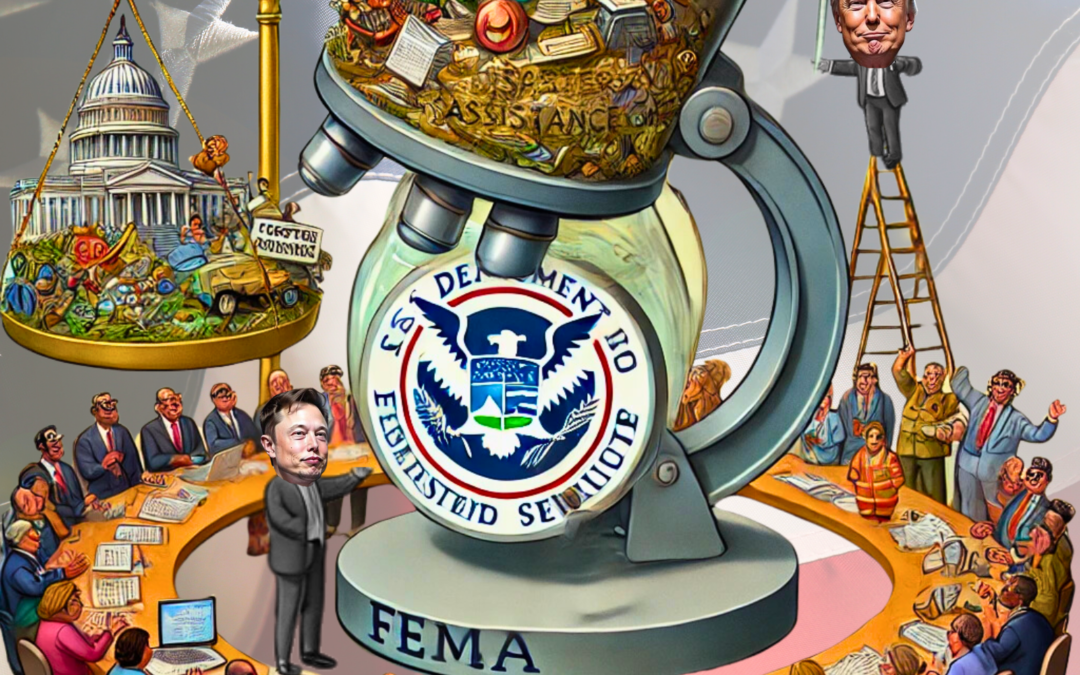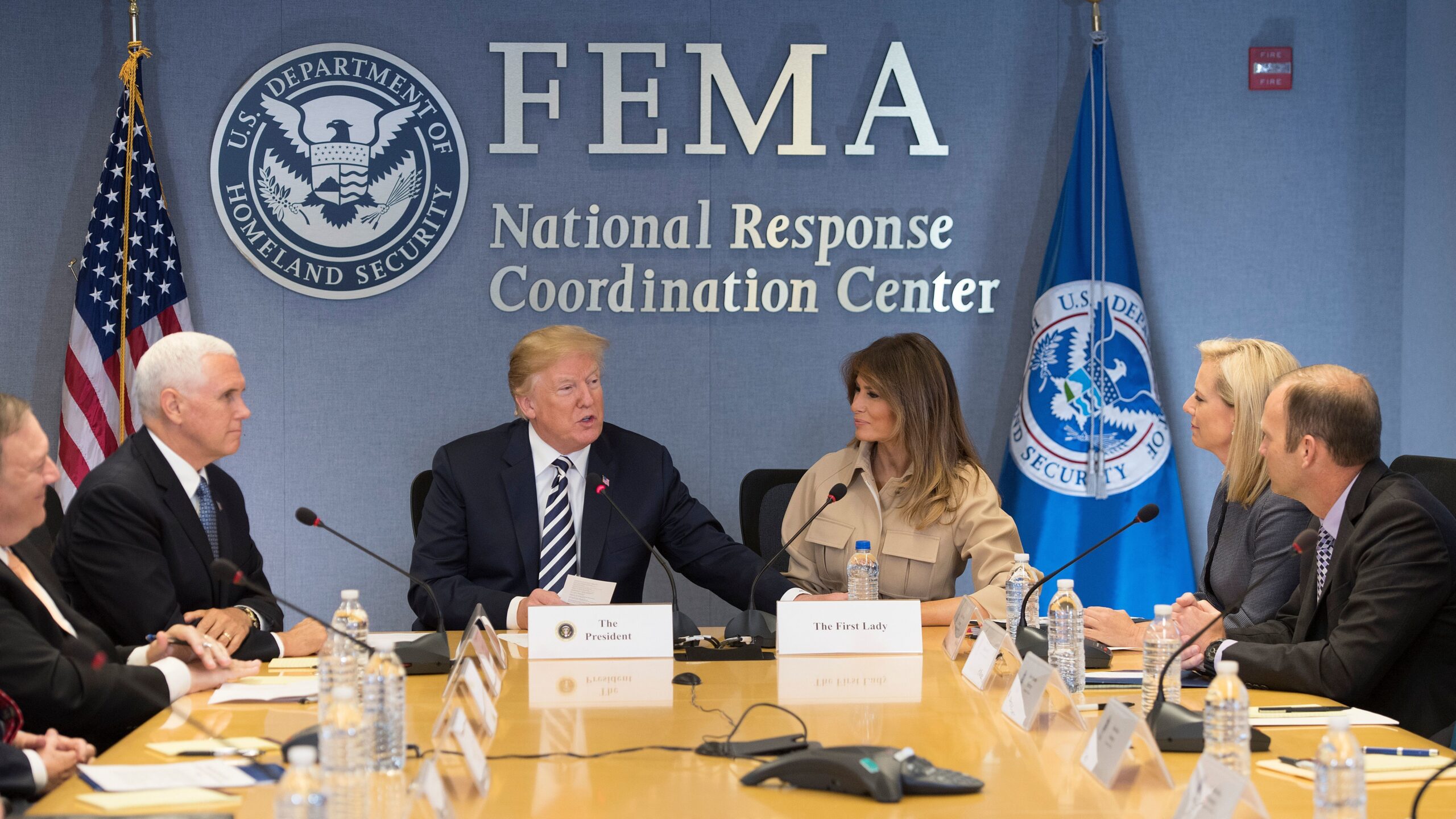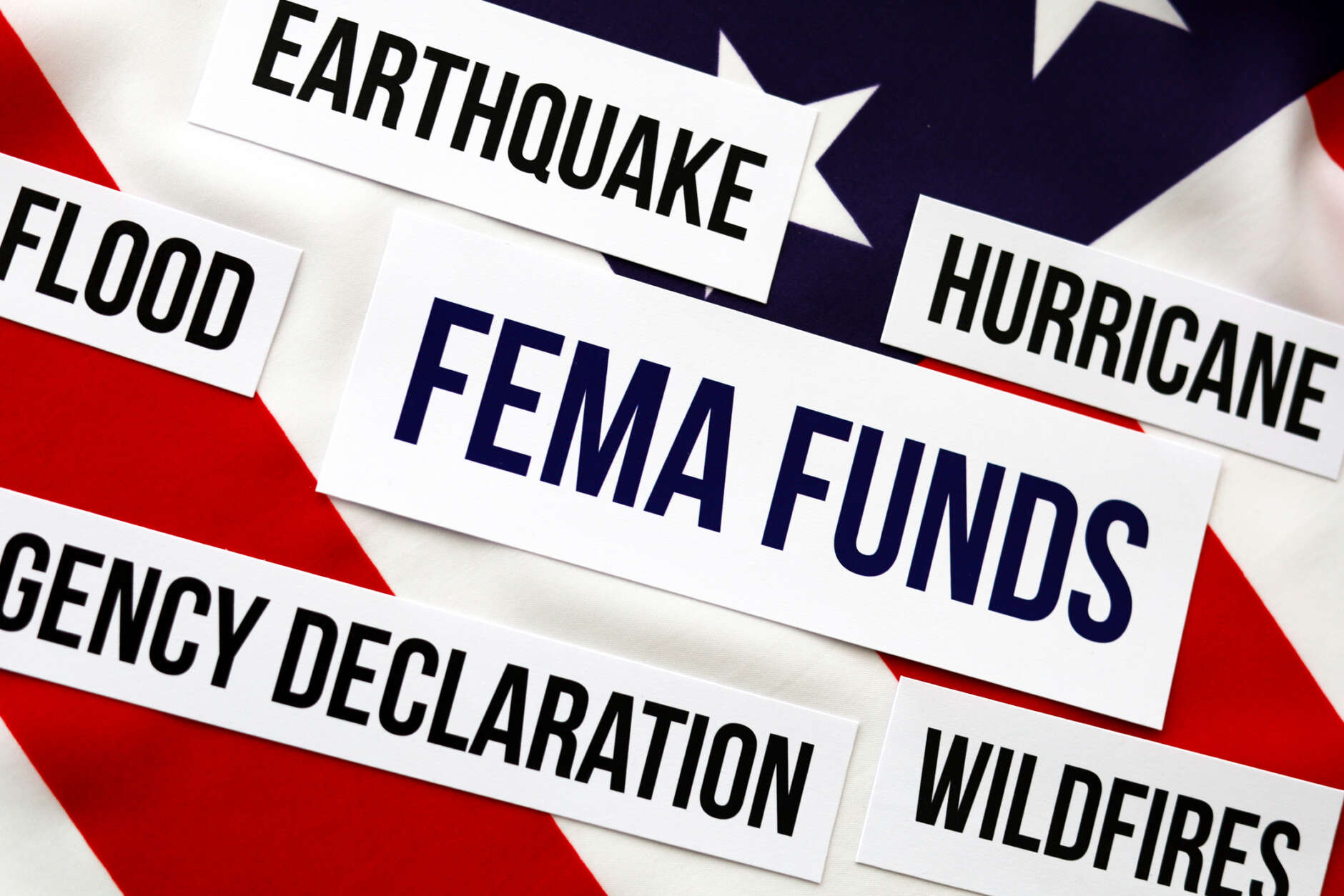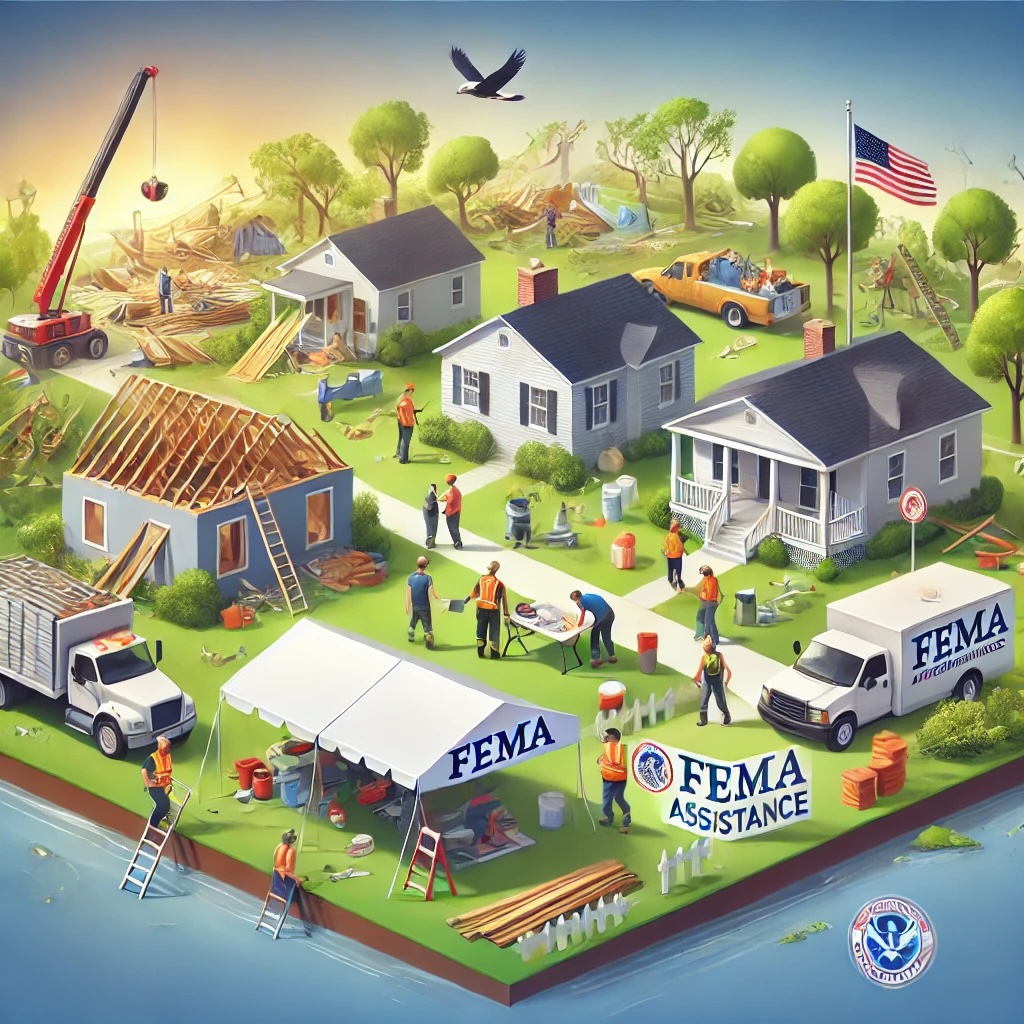A Bold Plan to Overhaul Disaster Recovery and Response
In the wake of increasing public scrutiny regarding the operational capabilities of the Federal Emergency Management Agency (FEMA), the President has taken a decisive step by issuing a comprehensive executive order to establish the Federal Emergency Management Agency Review Council. This newly formed council is not merely a symbolic gesture; it represents a strategic initiative with significant implications. Its mission is to meticulously reevaluate FEMA’s fundamental functions, uncover deep-rooted inefficiencies within the system, and recommend evidence-based reforms. The ultimate goal is to cultivate a more agile, effective, and accountable disaster recovery ecosystem, ensuring that the agency is better equipped to meet the challenges of future emergencies and serve the needs of the communities it protects.
Why This Matters : A Broken System or Missed Opportunities
Consider the aftermath of a catastrophic hurricane that reduces homes to rubble or a wildfire that isolates entire communities. It is reasonable to expect swift federal intervention—yet, despite FEMA obligating approximately $30 billion each year in disaster assistance, many survivors report experiencing profound delays.
The establishment of the Review Council not only highlights the severity of these issues but confronts the uncomfortable question of whether FEMA’s strategic orientation remains truly aligned with its mission. Critics allege the agency has misdirected close to $1 billion toward non-disaster-related activities, fueling debates about mission drift and priority misalignment. Others argue that FEMA’s broadened reach has effectively undermined the authority of state and local governments, whose contextual understanding is often key to efficient disaster response.
These criticisms underscore the need for a national dialogue: Is FEMA’s mandate too expansive and unwieldy, or have we merely failed to optimize its existing resources?
Meet the Council : A Powerhouse of Expertise
At the core of this executive order lies the Federal Emergency Management Agency Review Council, featuring 20 members drawn from diverse professional spheres. Among them:
- Secretary of Homeland Security and Secretary of Defense (Co-Chairs)
- Senior representatives from key agencies with specialized expertise in emergency management
- Private-sector and non-federal experts renowned for their work in public-private partnerships and federal-state collaboration
Anticipated contributors include notable former FEMA Administrators such as Craig Fugate (celebrated for his Whole Community Approach) and Brock Long (esteemed for his leadership in hurricane response). Additionally, nonprofits like the Red Cross and Team Rubicon, as well as state emergency managers, will likely provide grassroots insights, broadening the Council’s perspective beyond purely federal concerns.
This effort extends far beyond a routine governmental checkup. The Review Council is mandated to conduct a robust evaluation that encompasses:
Assessment of Recent Performance
Evaluating FEMA’s response to disasters over the last four years, with an emphasis on whether financial allocations were timely and effective—or if bureaucratic hurdles amplified suffering.
Comparative Analysis
Measuring federal efforts against state, local, and private-sector initiatives to identify areas where local entities may have outperformed federal assistance.
Examination of Federalism
Determining whether FEMA has surpassed its intended support function, potentially diminishing state authority in disaster management.
Historical Insights
Reflecting on how previous federal disaster frameworks—some predating FEMA—might inform current and future strategies.
Evaluation of Reform Proposals
- Considering whether FEMA should streamline its operations, narrow its scope, or undergo deeper structural changes to reinvigorate its mission and capabilities.
Within 180 days of its inaugural public meeting—slated to take place within the next 90 days—the Council must submit a comprehensive report to the President, outlining key findings and actionable policy recommendations.
A Call to Action for Experts and Advocates
This initiative is not a mere bureaucratic necessity; it is an urgent summons for anyone with a stake in America’s capacity to withstand disasters. The Review Council’s formation opens a window for:
- Innovation in policy and practice
- Transparent evaluation of FEMA’s role in national resilience
- System-wide collaboration among federal, state, local, and nonprofit sectors
Ultimately, the Council’s proposals could catalyze a more streamlined, results-driven FEMA—or even instigate a transformative shift in how the federal government administers disaster recovery.
What’s At Stake?
Reforming FEMA’s operating model is not merely a matter of institutional housekeeping; it is a decisive move that will affect millions of Americans in the wake of climate-driven emergencies. The Council’s deliberations have the potential to strengthen the nation’s preparedness, expedite recovery timelines, and safeguard the economic and social fabric of communities under duress.
The official directive establishing the Federal Emergency Management Agency Review Council can be found on the White House website.
As the Council’s work unfolds, one critical question remains: Will these efforts forge a nimble, resilient FEMA aligned with the needs of a changing America, or will they simply produce another dense layer of administrative oversight?
Conclusion : GrantCity Consulting Stands Ready
Regardless of how FEMA’s future is shaped by this bold executive order, GrantCity remains unwavering in its commitment to facilitating grants management and disaster recovery. Our experienced team continues to collaborate with public and private partners to ensure communities receive the support they need—swiftly and effectively.
No matter the outcome and future of FEMA and federal recovery funding, GrantCity will still stand ready to support your grants management and disaster recovery needs.







Your article helped me a lot, is there any more related content? Thanks!
We have many more blogs, and post about 2-3 times weekly! Thanks for your reply.